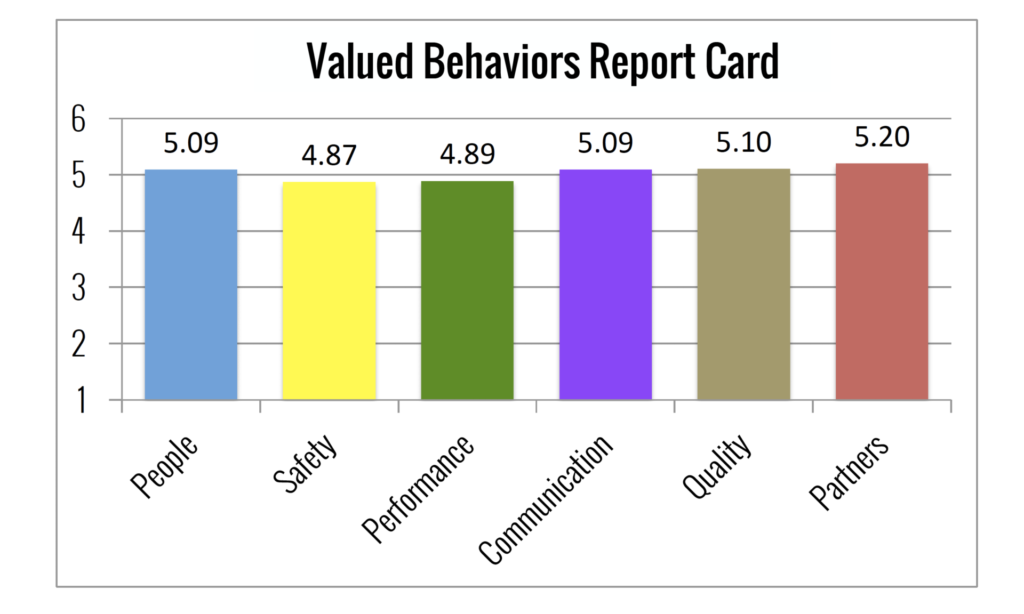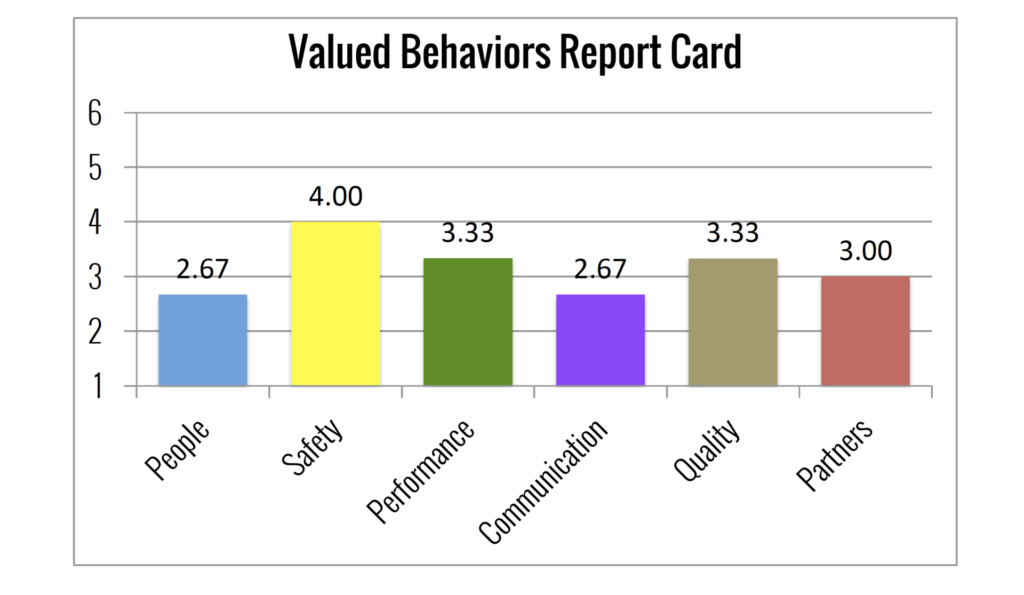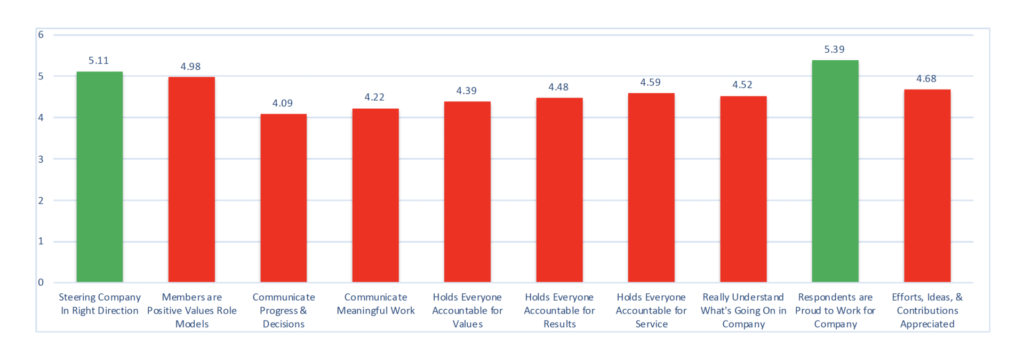Nobody gives a crap about culture . . . until their culture fails.
Business leaders have rarely been taught to prioritize the quality of their work culture. Instead, those leaders are asked to drive results. The problem is that today, driving results is half the leader's job. The other half?
Driving respect.
Employees of all generations desire and deserve workplaces where they are respected and validated for their aligned ideas, efforts, and contributions, every day.
When employees do not experience respect and validation, the culture fails.
The indicators of a failed culture include anger, frustration, distrust, toxicity, harassment, and worse. Productivity declines. Customer service deteriorates. Teamwork disintegrates. Proactive problem-solving becomes obsolete.
The impact of a failed culture is evident when talented people quit and leave, or worse, they quit and stay. Those individuals are wholly disengaged; they simply collect a paycheck while doing the bare minimum and do not make a positive contribution to the culture.
As the best companies and leaders have learned, thriving work cultures are intentional rather than accidental. They are formally defined, then monitored and measured regularly.
Of course, to deliver on promised results, business leaders must set clear standards for results and then monitor and measure progress toward their business goals.
Business leaders must also be disciplined in setting clear standards of respect by carefully defining their values and the behaviors expected of everyone in the company. They must measure the degree to which formal leaders in their organization demonstrate those values and behaviors in daily interactions.
Let's learn more about culture accountability and how a focus on holding people accountable for both performance and values drives both respect and results.
How well does your current company culture help attract and retain the young talent your organization needs today?
Chances are good your answer to that question is “not good enough.” Because transactional industrial-age norms are still the norm in today’s workplaces, they fail to inspire younger workers.
Deloitte's 2024 Global Gen Z and Millennial Survey found that Gen Zs and Millennials want purpose-driven work. In addition, they are not afraid to turn down a job that doesn't align with their values. The survey found:
Between 43-50% have rejected an assignment or project based on their personal beliefs
40-44% have turned down an employer based on personal ethics or beliefs
A staggering 86-89% say having a sense of purpose is vital to their overall job satisfaction and well-being
Through culture accountability, today’s business leaders ensure their work culture aligns with the work cultures that are highly coveted by every generation.
How can you ensure your work culture aligns with younger generations' requirements? Through culture accountability.
The word "accountability" comes with many uses and applications. For our purposes, we'll use this definition:
"The obligation or willingness to accept responsibility or to account for one's actions."
With this terminology in mind, work culture accountability requires business leaders to:
01.
DEFINE
Formalize their ideal work culture by defining the organization's servant purpose, values, and behaviors and communicating those standards to all staff.
02.
ALIGN
Monitor the variance from your ideal work culture by measuring how well leaders and team members demonstrate your formalized valued behaviors in daily interactions.
03.
REFINE
Modify plans, decisions, and actions to match your formalized values and behaviors. Leaders must redirect misaligned behaviors and celebrate aligned behaviors.
The reality is that most business leaders have not been asked to proactively measure their ideal culture or promptly quash the disrespectful, unproductive behaviors that lead to culture failure.
Therefore, senior leaders require guidance on how to identify any variances from their ideal culture.
Our proven culture refinement process uses customized (and completely confidential) values and behaviors assessments to measure formal leaders’ alignment with your values and behaviors. These surveys enable team members to rate how well their leaders embody your organization's formalized valued behaviors.
Survey results indicate where the company's valued behaviors are embraced and should be celebrated. Of course, they also indicate where individuals and processes vary from the defined culture standards and require alignment.
If your organization has trouble hiring and keeping top young talent because your leaders aren't aligned with your values standards, culture accountability can substantially improve your work culture.
Our values assessments help you:
Create a customized values survey based on your formalized, measurable valued behaviors.
Determine the variance between your valued behaviors and daily interactions by administering your customized values survey for each formal leader.
Debrief each formal leader's survey results with that leader, discussing how direct and indirect reports perceive his/her values alignment.
Celebrate perceptions of aligned behaviors and redirect the leader to demonstrate your valued behaviors in every interaction.
Details About The
Values and Behaviors Survey
The structure of your survey is vitally important. Survey items (or questions) are best derived from your defined values and behaviors. (If your company hasn't done those yet, Chris and his team can help you define your organizational constitution, which is the standardization of your desired culture).
Survey questions gather feedback on one leader and one valued behavior. The survey structure invites the leader's direct reports to rate that leader on each valued behavior. (The survey can also invite ratings of leaders and behaviors from indirect reports.)
Ratings are confidential; they are not attributed to any individual respondent.
Here's an example of a survey item from one client: "Roberta Garcia does what she says she will do." This question rates this leader on one of the company's valued behaviors - "I do what I say I will do" from their integrity value.
Note that each question is stated positively, describing specifically how you want leaders to behave in your workplace. Team members score each question on a six-point scale. The only desirable responses are at the 5-6 level - "agree" and "strongly agree" - to the positive questions on your survey. Essentially, a 5-6 score is a degree of "yes, this leader models this behavior," while a 1-4 score is a degree of "no, this leader does not model this behavior." This proven approach ensures that the resulting profile presents simple and actionable feedback. This survey is conducted formally twice each year.
Values & Behaviors Scorecard Examples
Here is an example of one client's scorecard summary for the company president. Their six values (across the bottom of this graph) incorporate fifteen specific valued behaviors. These behaviors standardize their desired work culture.
The ratings of the president's direct and indirect reports show he's above the 5-6 level on four of the six values and "just shy" of meeting the desired level in the other two values.

By comparison, here is a summary scoring graph from a different formal leader in this client organization. This person is a front-line supervisor rated by his direct reports.
The summary graph's visual nature shows that this leader's direct reports do not feel he effectively models the organization's standardized valued behaviors in daily interactions. Average scores in the 2-4 range for all six values mean this supervisor needs corrective coaching to fully embrace respect and results on the job.

Again, these samples are from a survey customized to this client's standarized culture. These surveys are not "off the shelf," ready to be administered across your organization. Your values and behaviors survey must be crafted specifically for your standards (your desired culture and values).
Details About The
Executive Team Effectiveness Survey
The Executive Team Effectiveness Survey is an annual assessment of your executive team's demonstrated competence to lead your desired work culture.
This 10-question survey-which includes best practices from effective executive teams that sustain purposeful, positive, productive work cultures-is customized for your company and administered once annually. It standardizes how your executive team should operate to lead your company effectively.
Items cover topics such as effective team communication, validation of contributions and values, accountability, strategic direction, and members' ability to serve as positive role models. These ten items are rated on our six-point scale. Responses are gathered from every employee, from front-line staff to senior executives.
Executive Team Effectiveness Scorecard Example
Here is an example of one client's recent first survey of their executive team's effectiveness using this assessment.

Employee ratings on these questions determine the deviation from your executive team's operational standards. This executive team exceeds the standard (ratings at the 5-6 level) in two of the ten questions - and is seen as less than effective in eight of ten questions.
While these scores are not overly positive - the smallest deviation from the standard is ten green bars indicating 5-6 ratings across all respondents - this range of scores is quite typical for the first run of this assessment at a company. These executives admit they previously saw their job as "managing results." As they continue to work towards sustaining a purposeful, positive, productive work culture, they know they must do more to validate, communicate, connect, reflect, and more - every day.
Work with Chris, and you'll be In good company

Richland

Consolidated

Medicine Man

Five Below

World Kitchen

Vstarr

Eleven

Eco

Time

Pesco

Mercado

Waste Management

Horizon

Veon

Embrace

Thulium

DHSC

NACM

